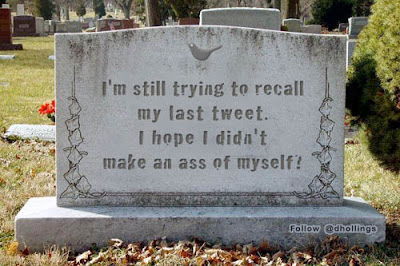
Most people need a constant reminder that the workplace is not their personal apartment. So the next time you feel like making your presence known or felt, just watch the way you do it.
Here are few tips on how you can ensure no one feels you’re a pain at work.
Keep a tab on the volumes
While most workplaces allow their employees to listen to music as they work, make sure you’re humming or singing or choice of music doesn’t irritate the person next to you. A most common nuisance is the jarring volumes on your mobile phones. Set a pleasant ring tone on your mobile and at a level not too loud. Watch your volume even when you are thinking aloud or plainly rapping your fingers on your desk.
Watch those crumbs
After eating make it a point to clean up. Wipe up the crumbs and spills. Laying out paper napkins for your dining space will help in keeping the dining table clean. Don’t forget to put all wrappers and other wastes in the lunchroom garbage after you’ve finished. No one likes to eat in a dirty dinning area.
Hygiene habits
Make it a point to flush the toilet after use. Your crusade against water conservation should not result in others dying of stench. Simple things such as keeping the toilet floors clean, using the toilet bin go a long way in maintaining a clean and hygienic space.
Respect personal space
Don’t force your partner to draw enemy lines. Respect your colleagues’ space. Do not clutter. Put your personal stuff in drawers or cabinets. Also make it a habit of not peeping into your colleagues’ workspace. What they do is extremely confidential.
Whereabouts
Leave a word about your whereabouts by jotting down or pinning a note to your desk. Leave a word where you are with those who need to know. Remember your colleague isn’t your secretary to take your messages.







